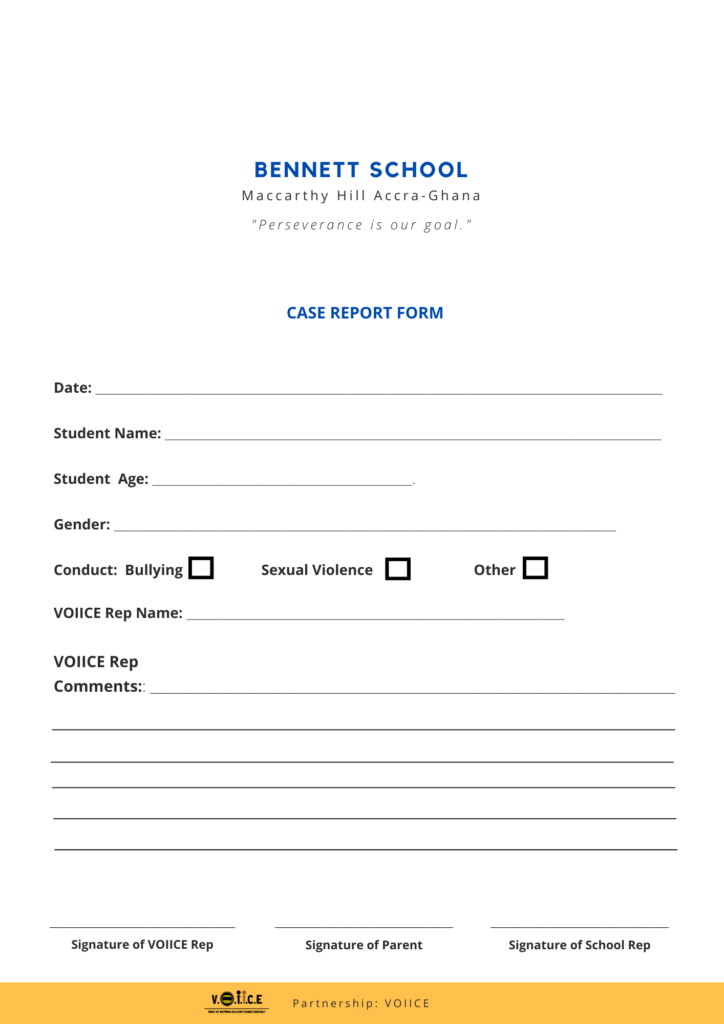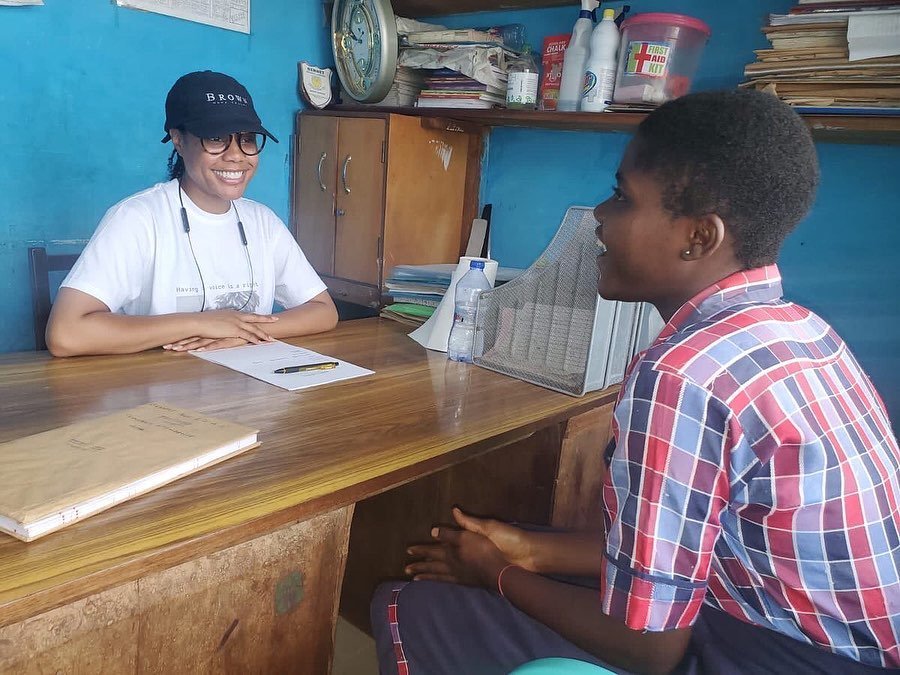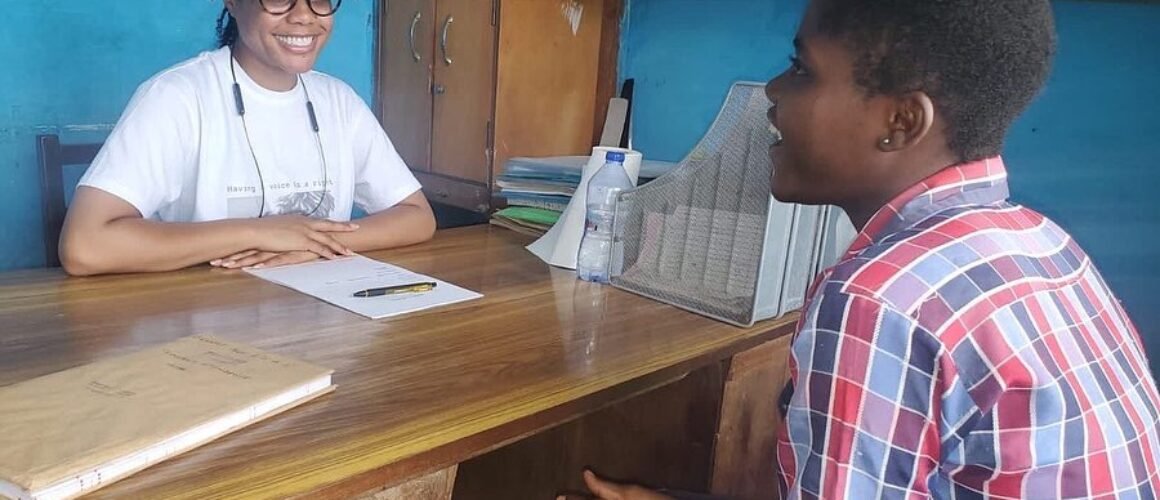Case Report On Mental Health Assessment of Students
As part of our Gender Violence and Mental Health Outreach Projects, we reach out to basic schools in poor communities. In these schools, they have no counselors or therapists. We go there with our team of volunteers to gather information on their well being by filling out a case report form assigned and well drafted by a team of mental health professionals with questionnaires that will help us get the right feedback from students we talk to.
Generally, the happiest kids live with both parents who are involved in their lives. This somehow reflects in their academic performance. More than 80% reported cases of abuse were female. Other recorded issues we encounter in our assesment are as follows;
- Financial Problems in the Home
- Absent fathers
- Feeling like their the least favorite child.
- Unresolved trama from the passing of a parent or guardian.
In our sessions, we found that going to school makes these children happy. However, most of these teachers have very little knowledge on dealing with learning disabilities and children who are different from the other children.
This activity allows us to access the mental well being of the child and take appropriate actions to protect, support and help the students. Most students in these schools are taught to be silent on issues and keep to themselves for most, it’s as a result of unresolved trauma they have had to endure while for others, the consciousness that they are poor and therefore have no voice. “This sometimes makes it challenging for students to open up to us. Especially as teachers whom they encounter everyday. That is why it is important that you are here.”, one teacher said to us.
Our team of volunteers are trained and prepared to be kind, talk less, listen more and make the students feel comfortable and happy in their interactions with them. For most of these children, we realize that it may be their first time of an adult taking their time to listen to them. We do not take the validation they feel with these sessions for granted at all.
Below is an example of such visit and how the case report form looks like.




